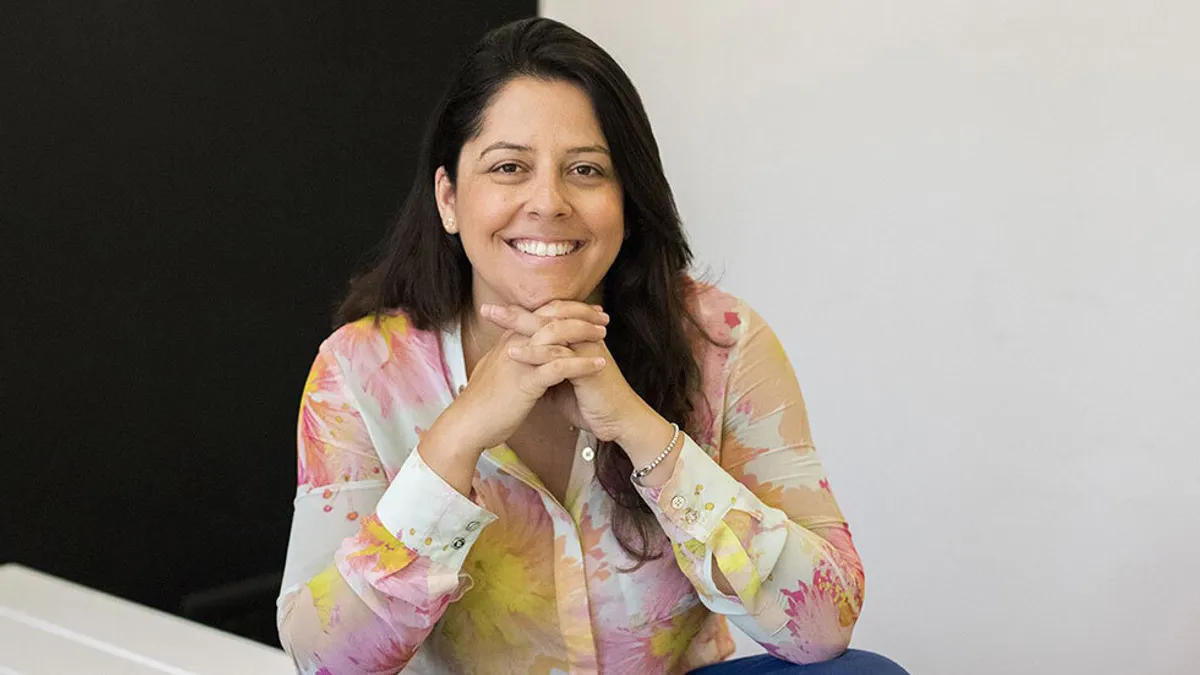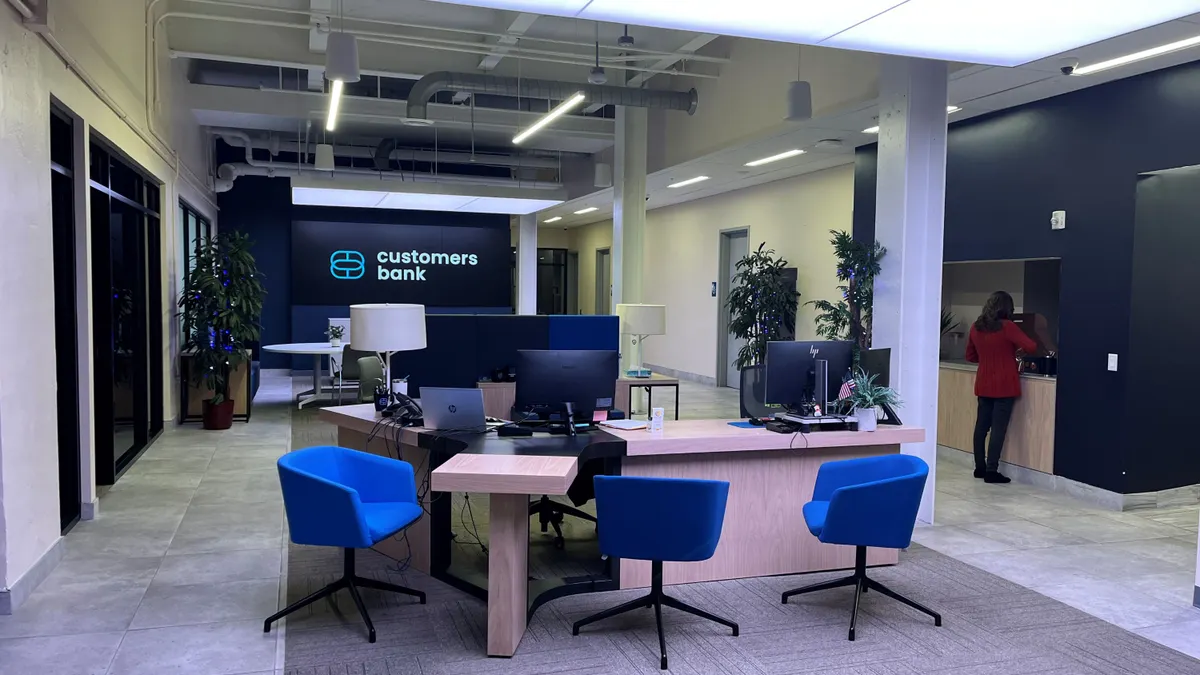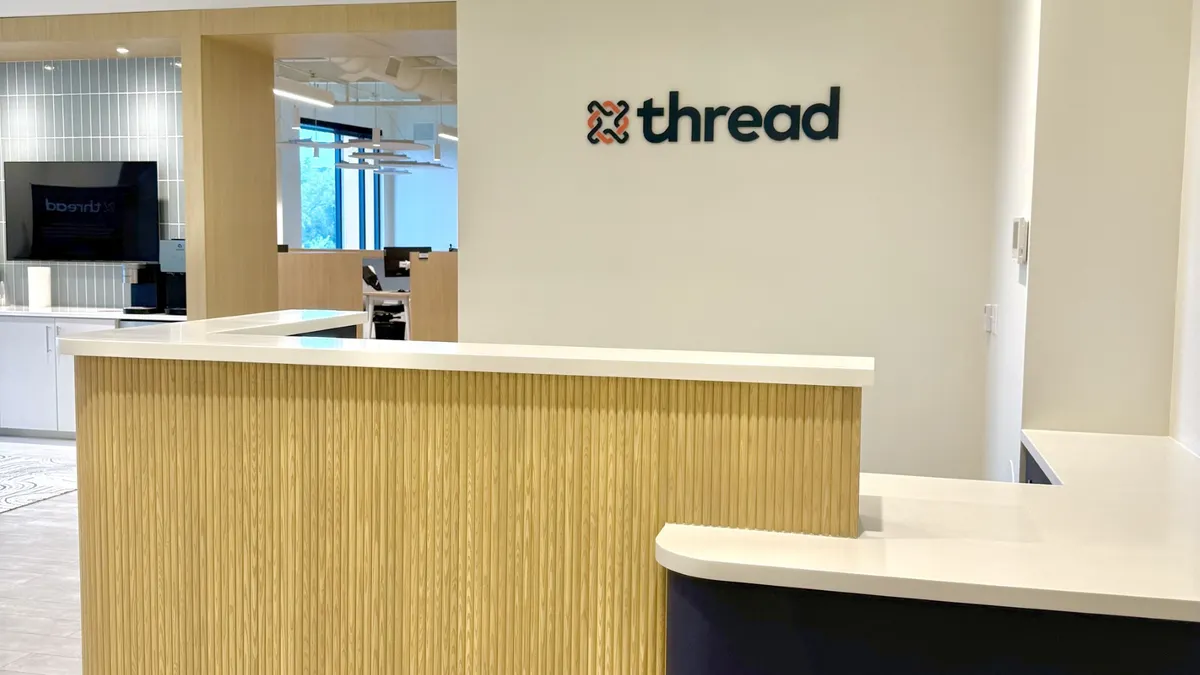Managing a small to medium-size business can be a time-consuming job, said Lilac Bar David, a banking and payments industry veteran and co-founder of Lili, a neobank for entrepreneurs and SMBs.
That’s why she launched Lili in 2019. For a monthly fee, small-business owners and entrepreneurs can access a Lili checking account that combines banking services with accounting and tax preparation software.
“There are half-a-million new businesses that open every month, and those new businesses are really struggling to get up and running to reach their customer base,” David said. “[Business owners] don't want to spend 100 hours a year on taxes and accounting. If you look at the different services out there, they are just too complicated. You actually have to work for the software instead of the software working for you or automating your processes.”
The fintech recently launched Lili Smart, accounting software that helps small-business owners manage their own bookkeeping by categorizing transactions in real time.
The New York City-based fintech claims the software — which can generate profit and loss statements, cash flow statements, expense reports and send invoices — eliminates the need for a small business to hire an outside accountant.
“Banking and accounting are inseparable, but historically, they’ve been managed separately,” David said. “Legacy banks have the resources to provide these tools to their customers, yet they haven’t.”
Lili's accounts, which are insured up to $250,000 by the Federal Deposit Insurance Corp., are provided by Choice Financial Group.
David spoke to Banking Dive about automation, Lili’s path to profitability and the role of trust in financial services.
This interview has been edited for clarity and brevity.
BANKING DIVE: How does automation play a role in your services?
LILAC BAR DAVID: The fact that we have the banking relationship, in addition to the accounting and taxes relationship, means that we can leverage data in one place to create different experiences in other places.
If you think about it, expenses are mainly connected to one account, whether it's by card, actual money flowing in or out of the account, or [Automated Clearing House] or other platforms. And most of the transactions actually have an impact on taxes, on invoicing and financial statements. We leverage the data from all of those different services to create automation so you don't have to go through the transactions one by one. We pre-automate all of the different categories from an IRS point of view. You don't have to track your invoices manually because we know, if money hits the account, how to make that a transaction to a specific invoice. And you don't have to generate your tax report by the end of the year because we have all of the information and can pre-populate all of your taxes.
It’s one thing to attract users, but what’s the strategy to make them stay?
DAVID: We are offering them banking services, but on top of that, we are also offering them software. That means that we have much more engagement and much more retention, as opposed to other neobanks in the space. Switching banks can be easy — opening an account with Lili takes up to a few minutes. But once you have the different bookkeeping software, and invoices and taxes are embedded within it, it means that you're more committed to the product and you're using it on a daily basis. Then switching gets more complicated.
Are you profitable yet?
DAVID: We are not profitable yet. We are building our path to profitability in the next few years. I think overall, our move toward subscription and our development in regards to the product means that we are able to accommodate all of the different needs of the business. We invest a lot in growth. The small-business community is a big community. We have a lot of word-of-mouth success in that specific community, but we are building a lot of things and new features as we go.
The collapse of Silicon Valley Bank and Signature Bank last month have shaken the financial services industry. How are you approaching your interactions with customers in light of these events?
DAVID: Trust is a big issue in the banking space, and in order for a product to be successful, small-business owners need to trust that specific product. The fact that all our funds are FDIC-insured up to $250,000 per account means that the majority of our small-business owners keep a balance below $250,000 per account. I think the trust is there, and it's embedded within every single interaction that we have within the product and within our services.
But we are doing more to make sure that the trust is sustainable from a long-term point of view. We invest a lot in education. When it comes to accounting and taxes, there is a big gap in education in regard to small-business owners. We send them a free newsletter with articles and tips. We generate a lot of guides. We have a handbook. We have specific sessions that we have every month that you can join online and just learn and grow your knowledge in regards to what it means to manage your business.
We're trying to look at trust in different ways, and our move toward education is a big piece in innovating and enhancing the trust between us and our users.






















